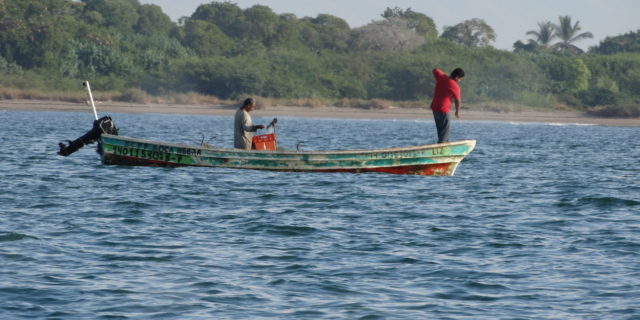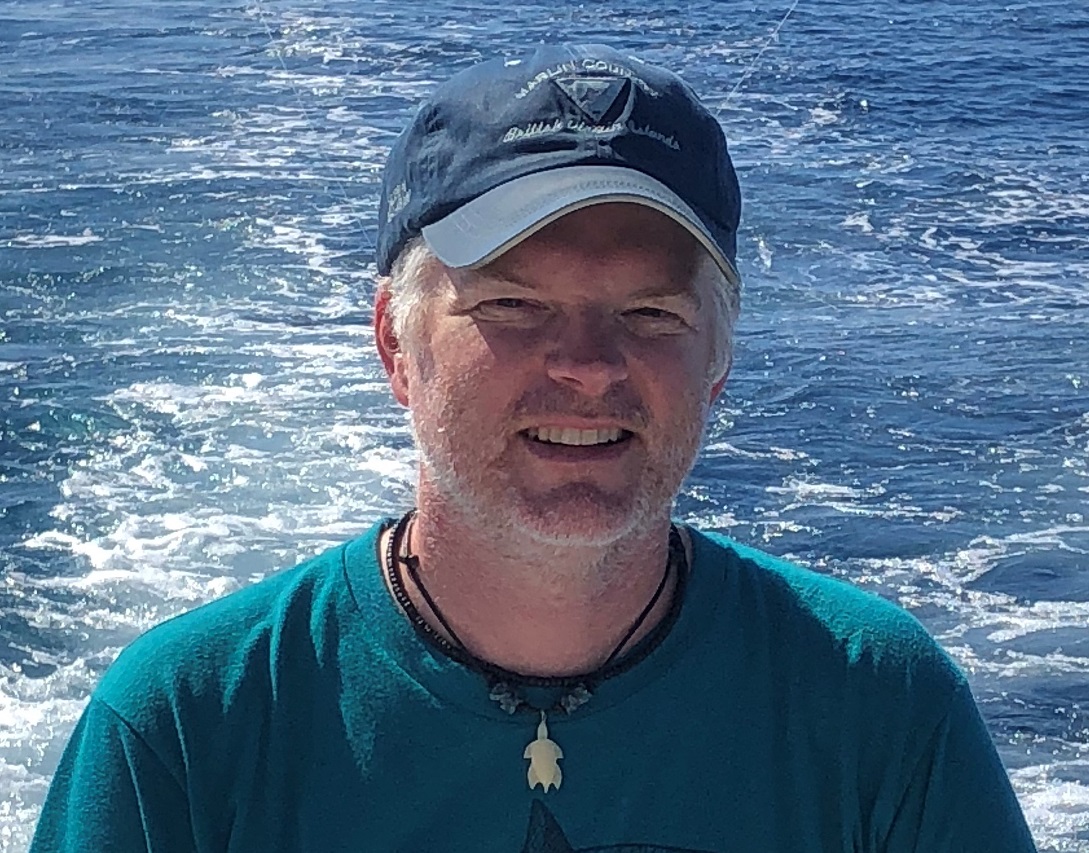
By
Christopher D. Malcolm, Rosa Maria Chavez Dagostino, and Myrna Letitia Bravo Olivas
October 2019
Print Version
What you need to know
Artisanal fishers in this study are concerned about the sustainability of fish stocks, although they focus primarily on one family of fish. They are critical of how fish are caught and do not think fisheries managers are doing their job effectively. This research illuminates some environmental and management concerns to add to the regional and global socio-economic understanding of small-scale, artisanal fishers.
Why this research is important
Small-scale, artisanal fisheries are closely tied to local communities and are often a critical contribution to food security and poverty alleviation. Artisanal fishers are considered a vulnerable society, often marginalized and threatened by commercial fisheries and tourism.
Previous work in our study area found that many fishers operate without permits, within a poor management infrastructure—including a low reliability of catch data due to undeclared and illegal catches and variable monitoring methods between states—and that forced sales of communal land for tourism infrastructure have resulted in the displacement of fishers. With this research, we tried to find out how the fishers feel about the fishing conditions and management of fishing in the area to contribute to an understanding of this group.
How this research was conducted
In 2018, we administered 99 questionnaires to small-scale, artisanal fishers, representing 12 different regional fishing collectives. Answers to the questions were collected using an interview-style in Spanish, with the help of Centro Universitario de la Costa undergraduate students.
What the researchers found
Sixty-six percent of the catch was Lutjanidae (snappers), and 43% were Lutjanus peru (red snappers). This may be problematic as the IUCN Red List of Threatened Species indicates that population size and trends, distribution, harvest, and threats for these species are “unknown.”
The majority of respondents fish year-long, but half of them supplement fishing with a second form of income. Half of the participants indicated that fishing was currently average while reporting that it was better in the past and predicting it will be poorer in the future. Almost all fishers were concerned about the health of fish populations, offering statements such as “little by little fish populations are disappearing” and “no more big schools of fish,” although some indicated this because the fish are moving to other areas (due to climate change?). This is still problematic as the fish are not present to catch. The perception of an unsustainable fishery led to concerns for personal economic and food security, including comments such as “food support for my family” and “important for income.”
Specific fishing practices were identified as problems facing fishing: the use of “chinchorros” (set gillnets) and “simbras” (set, baited longlines)—the two most commonly used types of capture gear—were singled out as unsustainable fishing methods. Many respondents indicated that fishery managers need to “do their job” and “apply the laws” in order to help improve regional fisheries. The fishers also expressed frustration that lucrative species such as dorado and marlin are legally restricted to commercial sport fishers—another form of marginalization by the government.
How this research can be used
This research identifies environmental and management concerns of artisanal fishers in the region. It will, hopefully, encourage NGOs such as the United Nations Food and Agriculture Organization, as well as Mexican federal and state fisheries managers, to address these issues.
Acknowledgements
This joint research between BU and the CUC was facilitated through the Agreement for International Cooperation between BU and the Universidad de Guadalajara. Funding for this project was received from the Brandon University Research Committee and CUC. The project would not have been possible without the participation of the artisanal fishers.
About the Researchers
Keywords
- artisanal fisheries
- fisheries management
- Mexico
- sustainability
Publications Based on the Research
Bravo-Olivas, M. L., Chávez-Dagostino, R. M., Malcolm, C. D., & Espinoza-Sánchez, R. (2015). Notes on the quality of life of artisanal small-scale fishermen along the Pacific coast of Jalisco, Mexico. Sustainability, 7, 6046–6068.
Editor: Christiane Ramsey RamseyC@brandonu.ca
Editor: Christiane Ramsey
Read more BU Research
Research at Brandon University follows comprehensive policies designed to safeguard ethics, to ensure academic integrity, to protect human and animal welfare and to prevent conflicts of interest.

